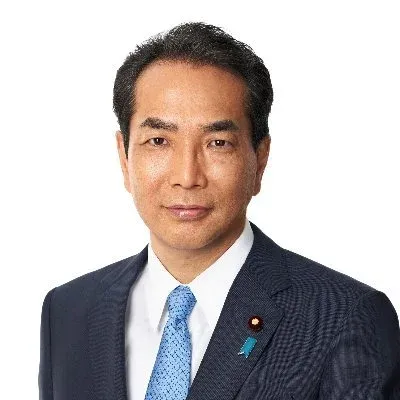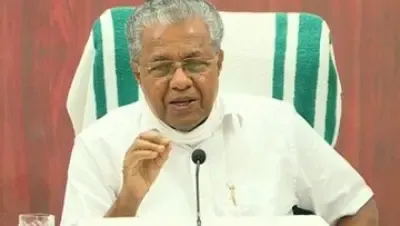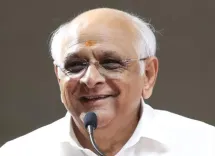Why Did Japan's Agriculture Minister Resign Over Rice Remarks?

Synopsis
Key Takeaways
- Taku Eto's resignation highlights the disconnect between political leaders and public sentiment during economic challenges.
- His remarks on rice donations were deemed highly inappropriate amid rising food prices.
- This incident raises questions about the effectiveness of Japan's agricultural policy in addressing consumer needs.
- The opposition's response underscores the political implications of government accountability.
- Consumers are feeling the impact of rising rice prices, prompting government action.
Tokyo, May 21 (NationPress) The Japanese Agriculture Minister, Taku Eto, announced his resignation on Wednesday after facing significant backlash for a contentious statement regarding the acquisition of rice from his supporters.
During a fundraising event over the weekend, Eto remarked, "I'm not purchasing rice. Thanks to my supporters providing me with an abundance, I have so much at home that I could sell it."
This statement sparked widespread public outrage as consumers in Japan are grappling with escalating food prices, according to local media reports.
Eto submitted his resignation to Prime Minister Ishiba Shigeru just hours before the Prime Minister was scheduled to confront opposition leaders in Parliament. The opposition had united in their calls for Eto's removal, threatening a no-confidence motion against him.
"I reflected on whether it is fitting for me to remain in charge of the ministry during this critical period for rice prices, and I concluded that it is not appropriate. I believe I cannot effectively implement the government's rice policy at this time. I sincerely apologize to the public for my highly inappropriate comments while they are enduring rising rice costs," Eto stated to reporters at the Prime Minister's office following his resignation.
Eto's controversial remarks came as his ministry opted to release rice from emergency reserves to help mitigate prices, which have approximately doubled compared to last year due to a poor harvest, with staple food prices remaining elevated, as reported by the Japanese news agency Kyodo News.
Opposition lawmakers labeled his comments as "insensitive" and "inappropriate," while Ishiba issued an apology to manage the fallout as the regular Parliamentary session approached.
"I must also deeply apologize as someone who appointed him. The responsibility is mine as well," Ishiba remarked to the press.
Later on Monday, Eto expressed his willingness to resign if Prime Minister Ishiba deemed it necessary.
"I fully retract my comments and apologize," said Eto, who represents a constituency in Miyazaki Prefecture on Kyushu island.
According to Kyodo News, the average price of rice sold in Japanese supermarkets between May 5 and 11 reached an unprecedented 4,268 yen ($29) for 5 kilograms, a rise from 4,214 yen during late April to early May, marking the first decline in 18 weeks.









